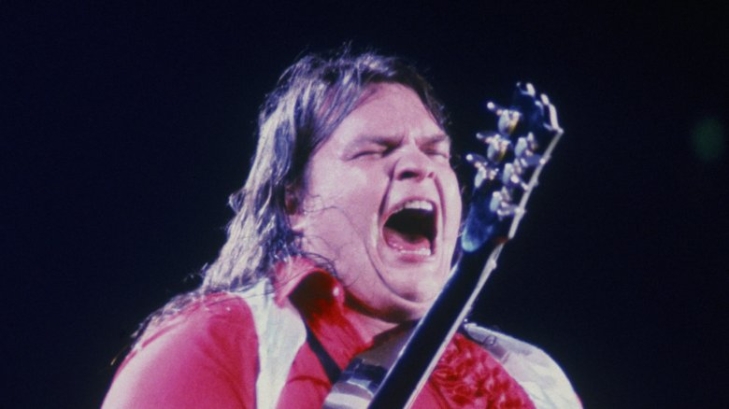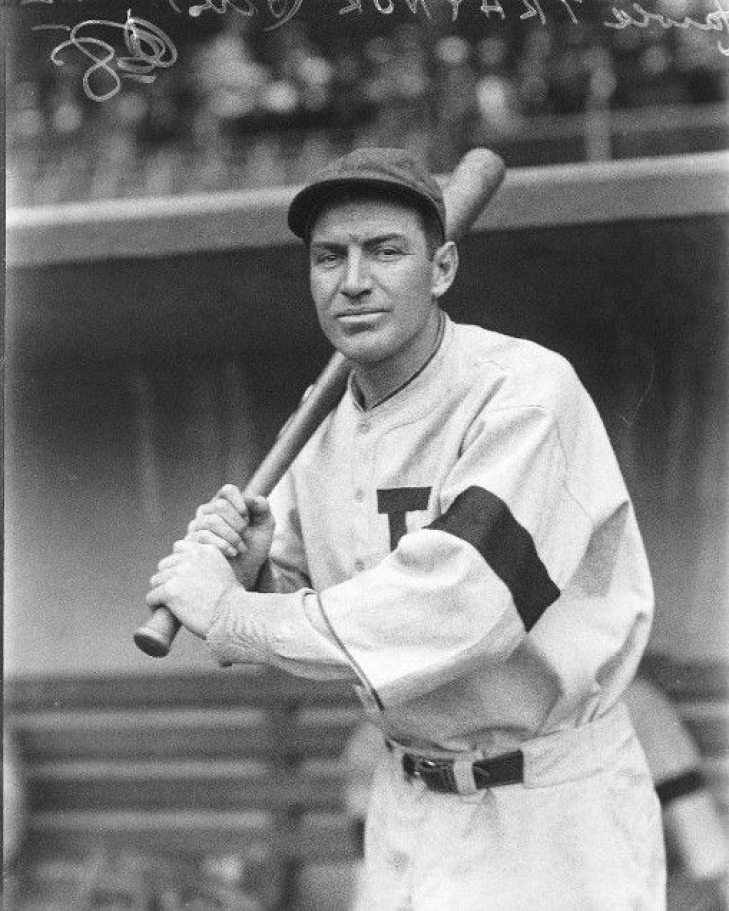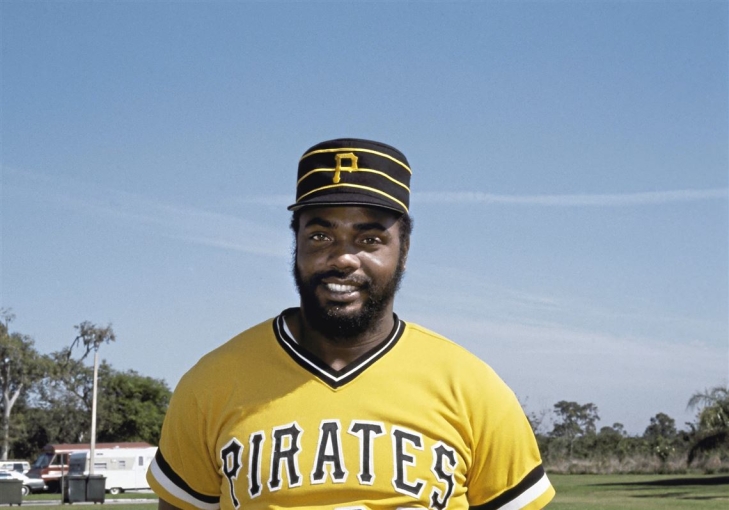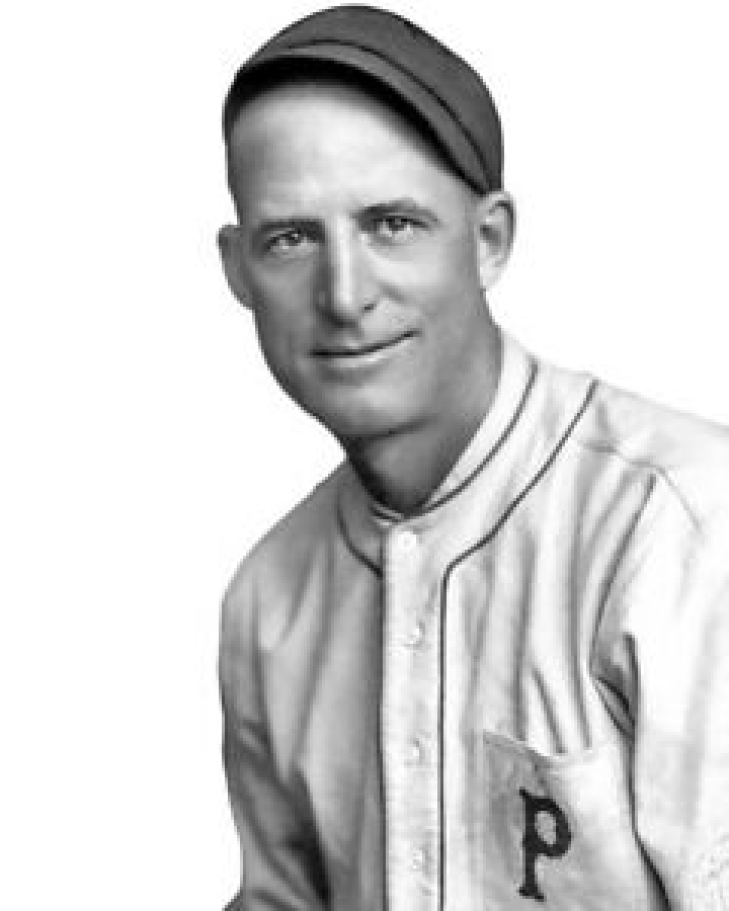
Committee Chairman
RIP: Meat Loaf
Meat Loaf, the charismatic singer who had one of the biggest albums of all time in “Bat Out of Hell” passed away at the age of 74. No cause of death was given.
Born Marvin Lee Aday, Meat Loaf first became known in 1975 from his appearance in the iconic cult film, The Rocky Horror Picture Show.
Two years later, Meat Loaf collaborated with Jim Steinman, to create the theatrical and powerful, “Bat Out of Hell”, which remains one of the most sold albums ever. Few people who worked on the album, with the exception of Meat Loaf and Steinman understood what they were creating, but the Wagnerian effort resulted in cross-popularity, and Meat Loaf was everywhere in the late 70s.
The 80s were not successful for Meat Loaf, who for years fought for royalties from his smash effort, and even had to declare bankruptcy. Creatively, his efforts in that decade floundered, yielding little sales, no hits and negative reviews. His career rebounded in 1993, with “Bat Out of Hell II”, a back-to-basics effort and reteaming with Steinman. It gave him his first and only #1, “I’d Do Anything for Love (But I Won’t Do That).
In addition to Rocky Horror, he also appeared in 1999’s Fight Club.
We here at Notinhalloffame.com would like to extend our condolences of to the fans, family and friends of Meat Loaf.
15. Pie Trainer
A Pittsburgh Pirate throughout his entire MLB career, Pie Traynor is one of the names that come up when discussing the best Third Baseman of the first half of the 1900s.
Traynor played a handful of games for Pittsburgh in 1920 and 1921, and from 1922 to 1935, he was their starting Third Baseman. Traynor did not hit a lot of Home Runs (58), but he hit in the clutch, exceeding 100 RBIs six times. He never won a Batting Title but was often in the hunt, finishing over .300 ten times, and he concluded his career with a lifetime .320 Batting Average and 2,416 Hits. He also was in the top ten in MVP voting seven times. The most important thing that Traynor did was take the Pirates to a World Series win in 1925.
This rank might seem a little low, but his advanced metrics are lower than you would expect, and he had minimal power. Subsequently, the Pirates have had many Hall of Famers.
Traynor was inducted into the Baseball Hall of Fame in 1948, and his number 20 was retired by the team in 1972.
14. Dave Parker
With the nickname of "The Cobra" and a look that screamed, "badass," Dave Parker was one of the most popular baseball players of the late 70s and early 80s, and that was not just in Pittsburgh.
Parker debuted in 1973 and was the Pirates starting Rightfielder two years later, with his first 20 HR, 100 RBI, .300 year. Parker was third in MVP voting that season and was third again in 1977, where he won the Gold Glove and won the Batting Title (.338), led the NL in Hits (215) and Doubles (44). He won his second Batting Title (.334) and Slugging Title in 1978 (.585), captured a second Gold Glove, and won the coveted MVP. As good as this was, there were more peaks to come.
The Cobra helped lead the Pirates to a World Series win in 1979, with Parker delivering another All-Star and Gold Glove year. While Parker was voted into the All-Star Game the next two years, the bloom was off the rose. He was beset by injuries, weight problems, but mostly excessive cocaine use, which cost him Games as well as Hits. Parker arguably did not have a great year as a Pirate in the 1980s.
Parker signed with the Reds as a Free Agent with Cincinnati before the 1984 Season, and he had an up-and-down career after that, often brilliant, and often disappointing. With the Pirates, he had 1,479 Hits, 166 Home Runs, 758 RBIs, and a Slash Line of .305/.353/.494, though the common belief is that he should have had more.
13. Fred Clarke
Fred Clarke was one among the herd of players who was traded from the Louisville Cardinals to Pittsburgh at the turn of the century, but unlike the others, Clarke was brought in to serve as both a player and Manager.
Clarke was Pittsburgh's starting Leftfielder for the first 12 years, and he provided 1,638 Hits with a .299 Batting Average with 261 Stolen Bases. His best season as a player was 1903, where Clarke led the NL in Doubles (32), Slugging Percentage (.532), and OPS (.946), with a career-high .351 Batting Average. Clarke would lead the Pirates to their first World Series Championship in 1909, the same season he also topped the NL in Walks (80).
After the 1911 Season, Clarke rarely played but stayed on as their Manager until 1915.
He was named to the Baseball Hall of Fame by the Old Timers Committee in 1945.





